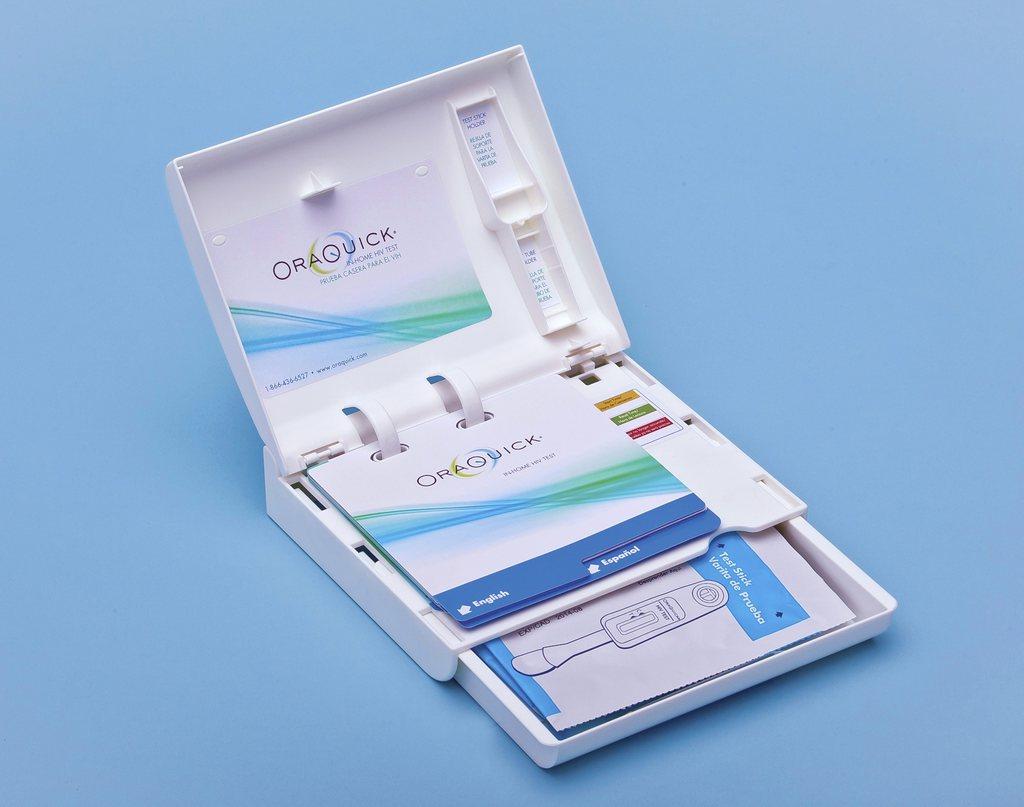
Self-testing HIV kit goes on sale in Switzerland

The first officially approved HIV home tests will go on sale on Tuesday, the Federal Office of Public Health announced on Monday.
All tests have been approved by the Swiss Agency for Therapeutic Products, SwissmedicExternal link.
Until now, HIV tests in Switzerland could be carried out only by a health professional in a medical environment, for example at a doctor’s surgery or at a hospital.
To spread awareness and to improve the detection rate of the virus, the health office and the Federal Commission for Sexual Health have recently recommended that such self-tests should be distributed to the Swiss public.
+ Living with HIV as a constant companion
It is estimated that around a fifth of all infected people in Switzerland are unaware that they carry the HIV virus.
The screening tests can be obtained in pharmacies and drugstores nationwide and are also available via the internet.
The self-test kit uses a small amount of blood from a finger pin-prick sample to detect the presence of HIV antibodies.
Each individual testing kit must be provided with an information leaflet which states that in the case of a positive result, the individual concerned should contact a doctor as soon as possible.
With a self-administered test, an HIV infection can be detected in less than 30 minutes. Proponents of the method hope to reduce the number of affected people who are unaware of their status, while opponents say the test should remain in the hands of professionals, arguing that even small user errors can lead to an incorrect result.

More
Federal commission wants to green-light home HIV tests

In compliance with the JTI standards
More: SWI swissinfo.ch certified by the Journalism Trust Initiative






























You can find an overview of ongoing debates with our journalists here . Please join us!
If you want to start a conversation about a topic raised in this article or want to report factual errors, email us at english@swissinfo.ch.